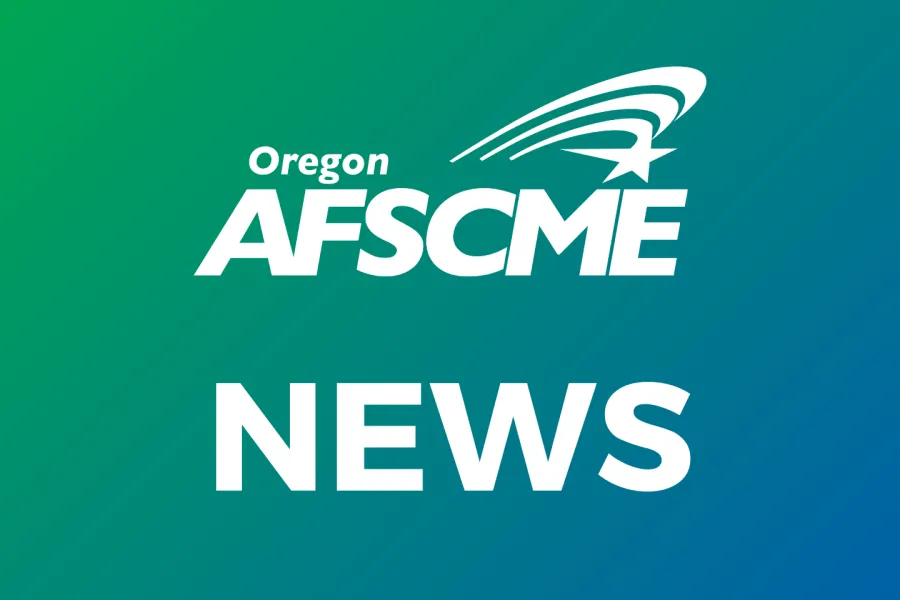100% of Independent Police Review Staff Vote to Authorize Strike

PORTLAND, OR – Yesterday, 100% of City of Portland Independent Police Review (IPR) workers represented by Oregon AFSCME Local 189-5 voted in favor of a strike. Of the 14 total IPR staff, 11 are represented by Oregon AFSCME.
In 2020, IPR employees faced open disparagement, and their work was misrepresented and criticized, primarily by former elected City officials in news articles and public meetings.
Workers organized their union in 2021 after their work was brought into the public debate of replacing IPR with a new police oversight system.
“Organizing was a critical way to gain a collective, protected, and united voice for our future in public service, particularly as our employment with the City suddenly felt undeservedly threatened,” said Gayla Jennings, IPR Operations Coordinator and Oregon AFSCME Local 189-5 Chapter Chair.
IPR’s bargaining team will enter mediation with the City on Thursday, August 21st. Under this timeline, workers could enter an impasse and cooling-off period in September, with a strike to follow shortly thereafter should an agreement not be reached.
“We’re asking for successorship language, just a binding agreement that the experienced administrative investigators and staff at IPR will continue to do the important work they’ve dedicated their careers to, in the City’s new police oversight system” continued Jennings.
Workers clearly stated their objectives in the bargaining platform presented at their first negotiation session with the City on March 26, 2025. Priorities include:
- Options to transition to the Office of Community-based Police Accountability, or receive a respectful option to exit
- Respectful compensation to retain staff throughout the transition
- Strong successorship language that protects our jobs and our contract
To date, the City has failed to provide meaningful proposals or analysis of their position on many of these items. Most concerning is their failure to collaboratively engage in providing information to help IPR employees thoughtfully plan for what options would be available to them to continue employment with the City after the transition of oversight systems.
###
